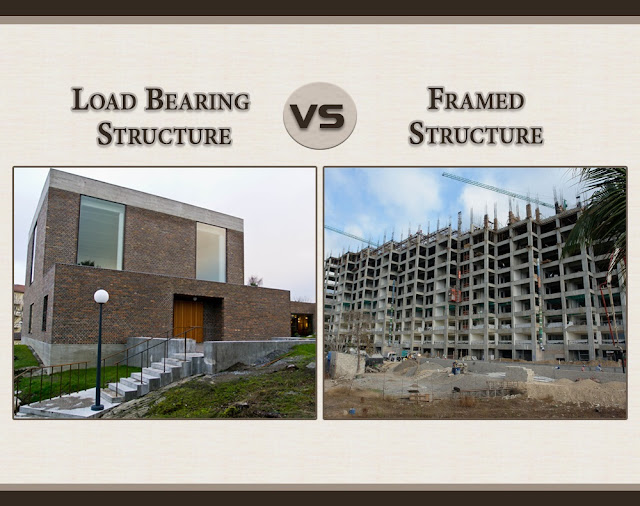Everything You Need to Know About the Construction Industry: A Comprehensive Guide
The Construction Industry is a crucial part of any economy. It involves the building of structures such as houses, offices, bridges, and roads. This industry is a major employer and plays a critical role in the growth of economies worldwide. However, for those who are not familiar with this industry, there may be many questions that need answers. In this blog post, we will explore some frequently asked questions about the construction industry.
FAQs:
Q: What is the construction industry?
A: The construction industry is an industry that involves the building of structures such as houses, offices, bridges, and roads. It is a major contributor to the economy and is responsible for employing millions of people worldwide.
Q: What are the types of construction projects?
A: There are various types of construction projects, including residential construction, commercial construction, industrial construction, and infrastructure construction. Residential construction involves the building of houses and apartments. Commercial construction involves the building of offices, retail stores, and other commercial buildings. Industrial construction involves the building of factories and warehouses. Infrastructure construction involves the building of bridges, roads, and other public works.
Q: What is the construction process?
A: The construction process involves several stages, including design, planning, pre-construction, construction, and post-construction. The design stage involves the creation of blueprints and plans for the construction project. The planning stage involves the selection of materials and the development of a timeline for the project. The pre-construction stage involves site preparation, excavation, and other necessary activities. The construction stage involves the actual building of the structure. The post-construction stage involves the final inspection and the handing over of the completed project to the client.
Q: What skills do you need to work in the construction industry?
A: The construction industry requires a range of skills, including technical skills such as knowledge of construction materials and methods, as well as project management skills such as planning, budgeting, and communication. Other skills such as problem-solving, teamwork, and attention to detail are also important.
Q: What are the benefits of working in the construction industry?
A: The construction industry offers many benefits, including job stability, competitive wages, and opportunities for advancement. It is a dynamic industry with many opportunities to learn and grow, and it provides a sense of satisfaction from building something tangible.
Q: What are some of the challenges facing the construction industry?
A: The construction industry faces several challenges, including labor shortages, rising material costs, and increasing regulatory requirements. These challenges can impact the cost and timeline of construction projects, as well as the overall profitability of the industry.
Q: What is the future of the construction industry?
A: The future of the construction industry is likely to be shaped by technological advancements such as the use of artificial intelligence and 3D printing. These innovations have the potential to make construction projects more efficient and cost-effective.
Target Audience:
This blog post is targeted at individuals who are interested in learning more about the construction industry. It is particularly relevant to those who are considering a career in this industry or who are involved in construction projects in some capacity. The post provides a comprehensive overview of the construction industry, including the types of construction projects, the construction process, the required skills, the benefits, and the challenges facing the industry. It also provides insights into the future of the industry and how it is likely to evolve in the coming years.
Conclusion:
The construction industry is a crucial part of any economy, and it plays a critical role in the growth and development of societies worldwide. This industry offers many benefits, including job stability, competitive wages, and opportunities for advancement. However, it also faces several challenges that can impact the cost and timeline of construction projects, as well as the.




Comments
Post a Comment